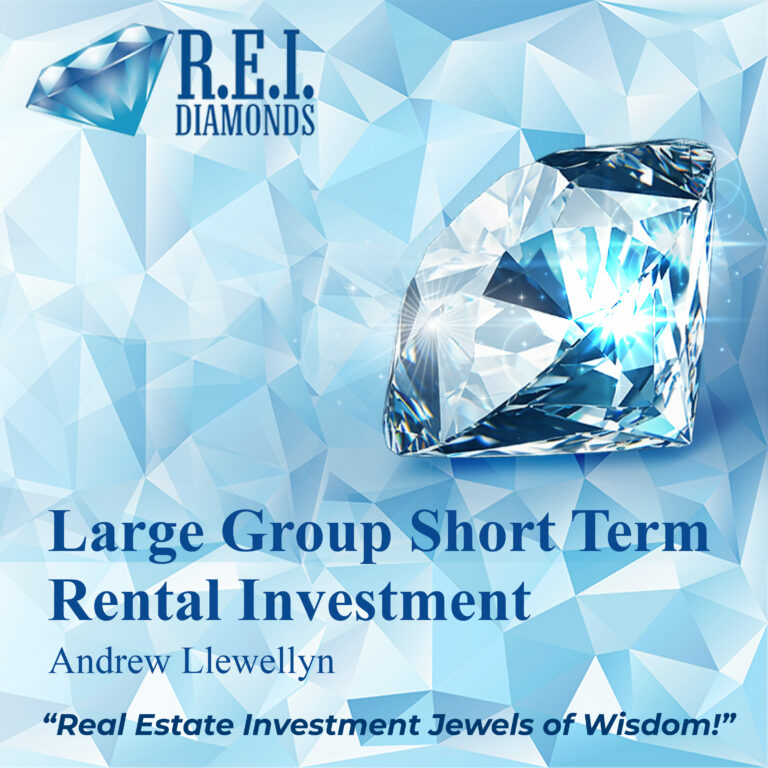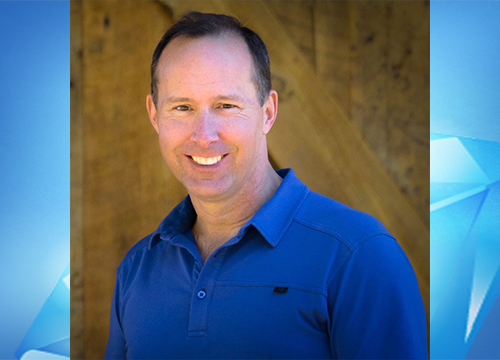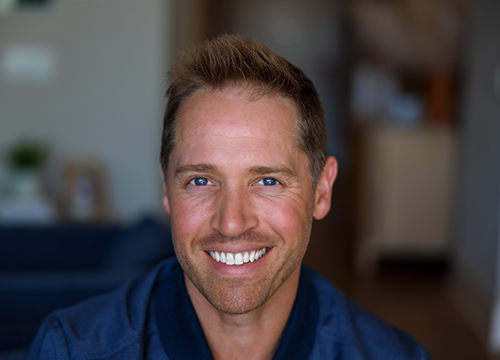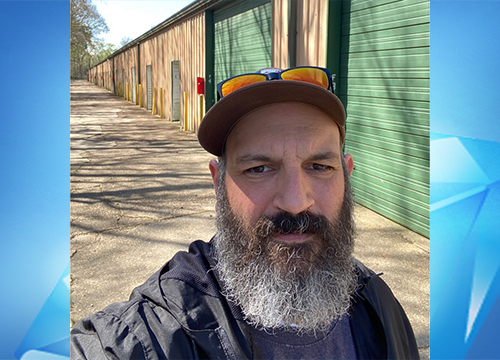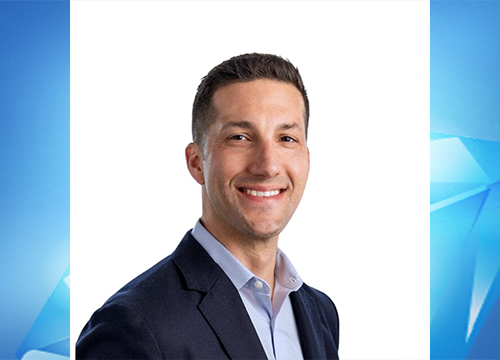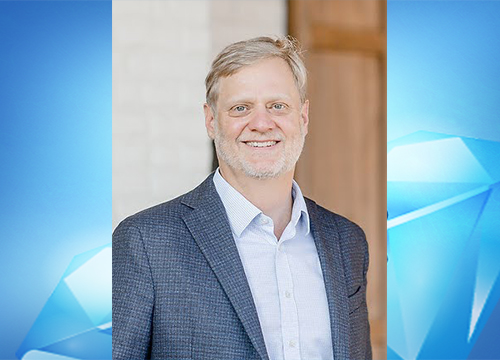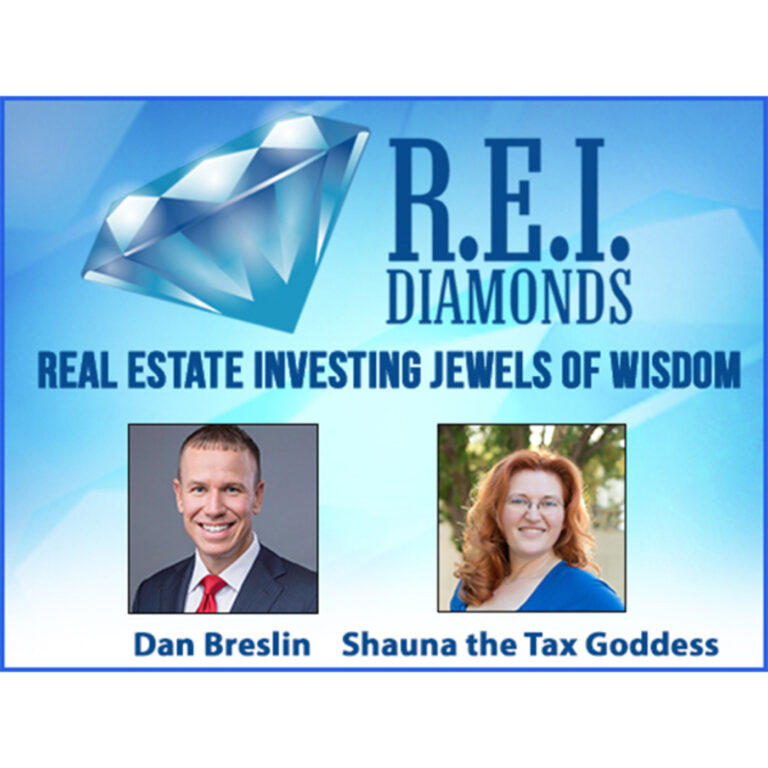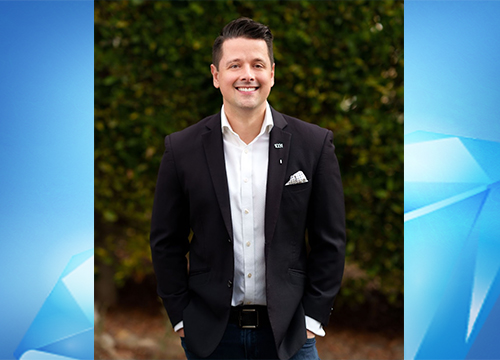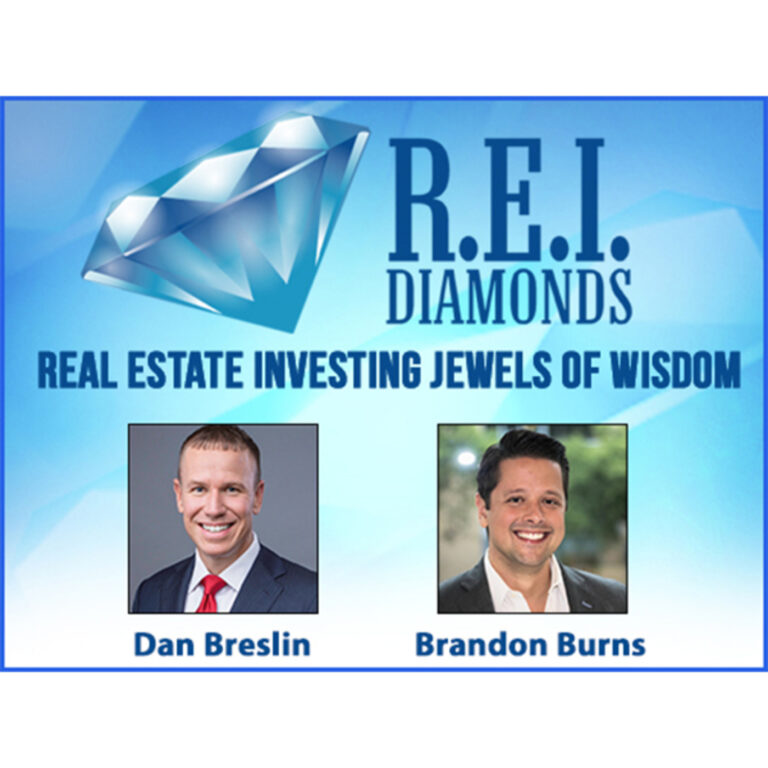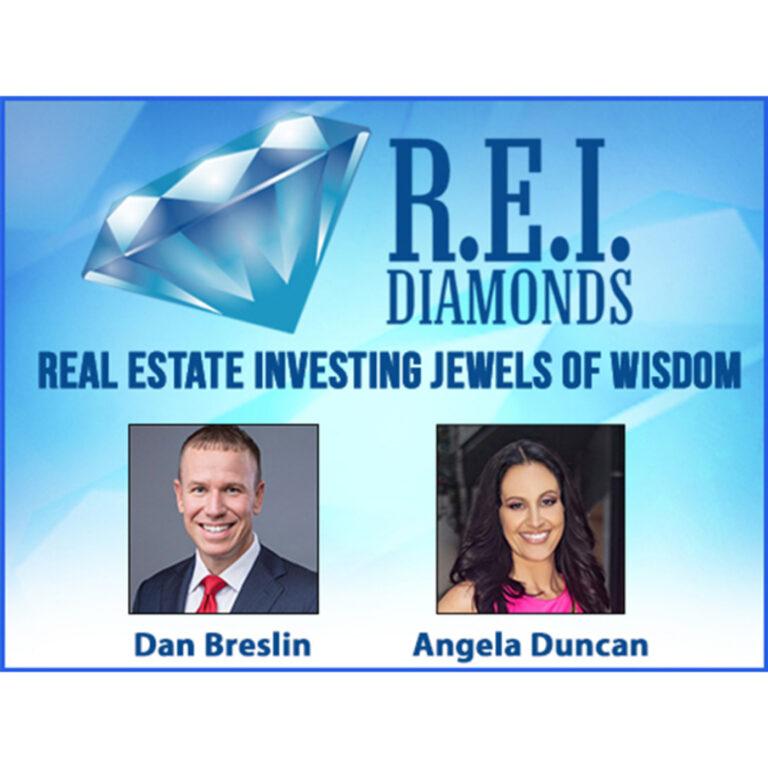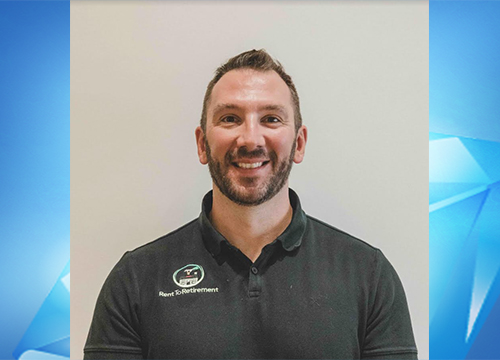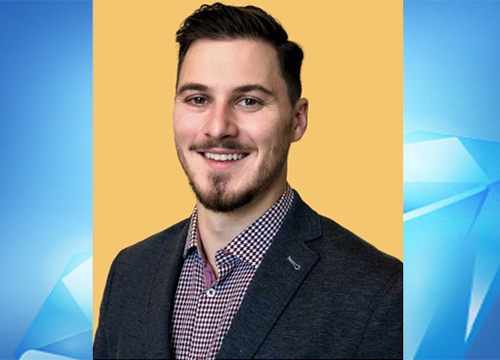
Selecting the Top Airbnb Real Estate Market with John Bianchi
Guest: John Bianchi is an experienced entrepreneur specializing in analyzing Airbnb data and helping investors identify profitable short-term rental opportunities. With a background in data analysis, he transitioned from managing rental properties in Chicago to focusing on providing valuable insights and strategies for Airbnb investors.
Big Idea: Understanding Short Term Rental Markets relies on the data. John describes how to do this on the show and even offers his 40+ course on the topic absolutely free.
Dan Breslin: So I found in my research for today’s episode that you started off in the Airbnb space with a handful of units in Chicago. Would you mind starting the origination story there and then getting to how your business looks today.
John Bianchi: Yeah, I was just about to get into it. And and mention that I absolutely love Chicago. It’s my favorite place, like Chicago in the summer is one of the best places to live ever right the waterfront, everything you do there so great memories from Chicago. But what the way I got to Chicago was I was actually looking to try and go anywhere in the country that was going to be really profitable for short term rentals right. And as an analyst and data analyst, I looked everywhere like genuinely everywhere. And I thought Florida was the place to be with the way that I was trying to do things I was trying to do rental arbitrage at the time without getting too into it. You rent somebody’s house, and you put it up on Airbnb right? Not a great business model in the long run. I know that nowadays. But Florida was looking amazing. I actually went down to Florida, drove around to 7 different cities over a 1 month period, trying to make it work down in Florida and failed, thought of my face, and just woke up one morning and drove 24 h back to Canada. Like was like, I’m done, and I took off. And at that time I I had actually left and sold another business to go do this. And I thought Florida was going to be it, and it just wasn’t whatsoever.
And so I was trying to figure out like, where do I go now? Right like, where the hell am I supposed to go? I had raised money from people I, you know, told my family I was leaving, and all of a sudden I’m back like, I feel like an absolute loser. And so now I’m like, Okay, where do we go, and the 2 options I had were Chicago or San Diego and, you know, having already gone a quick 24 h away, I’m like, let’s just go to Chicago. It’s a lot closer. We’ll make it make it work up there. And yeah. So anyways ended up in Chicago, figured out where exactly to go within Chicago, which was Lincoln Park. That was like the gold mine when it came to short term rentals specifically 4 bedrooms. If you could set them up proper way. And I, you know, within the 1st 2 weeks had 3 properties ready to go. And or I’d found 3 properties. 3 landlords who are willing to rent it out to me to turn it into short term rentals over the next month and a half. I got those all up, and running ended up after a 2 year period, having about 15 up and running handful of rental arbitrage. Handful of property management. Had my own cleaning company out there as well, and it was it was going well. And then, you know, Covid came around and wiped that all out pretty quickly. Luckily I still had the contract still had the ownership of them, and was able to sell that to somebody else which was its own fiasco. But then the main thing that I really got out of this entire process of what I built up in Chicago was, I realized that I was really really good at analyzing Airbnb data to be able to find properties that were going to work out really well. And that there was a ridiculous amount of people in the Airbnb space that did not know how to do that whatsoever.
So through that realization, I’m kind of an opportunist. And I figured out that I could offer that service of analyzing Airbnb data to people. And I have been doing that for almost a little over 3 years now. And it’s just continued to snowball. And I’ve continued to build a business from there.
This Episode of The REI Diamonds Show is Sponsored by the Deal Machine. This Software Enables Real Estate Investors to Develop a Reliable & Low Cost Source of Off Market Deals. For a Limited Time, You Get Free Access at http://REIDealMachine.com/
This Episode is Also Sponsored by the Lending Home. Lending Home Offers Reliable & Low Cost Fix & Flip Loans with Interest Rates as Low as 9.25%. Buy & Hold Loans Offered Even Lower. Get a FREE IPad when you Close Your First Deal by Registering Now at http://REILineOfCredit.com
Resources mentioned in this episode:
For Access to Real Estate Deals You Can Buy & Sell for Profit:
https://AccessOffMarketDeals.com/podcast/
John & I Discuss the Airbnb Real Estate Market:
-
How Hurricane Helene is impacting the Short Term Rental markets.
-
The risk of Oversaturation in any strong Airbnb market.
-
Get Good at Data to Win in Investing
-
3 Metrics to Understand Any STR Market
Relevant Episodes: (200+ Content Packed Interviews in Total)
- Russell Walker on $45K/Month Positive Cash Flow with Airbnb
- Scott Shatford on How to Analyze the Airbnb Vacation Rental Market
- John Matheson on How to Access Commercial Credit
- John Cohen on Real Estate Financial Planning & Large Multifamily Properties
- Life Lessons on Prosperity with The Wealthy Gardener author John Soforic
The transcript of this episode can be found here.
Transcripts of all episodes can be found here.

